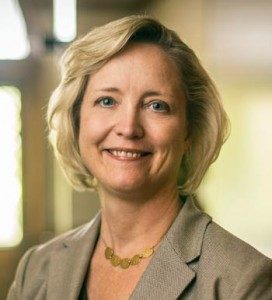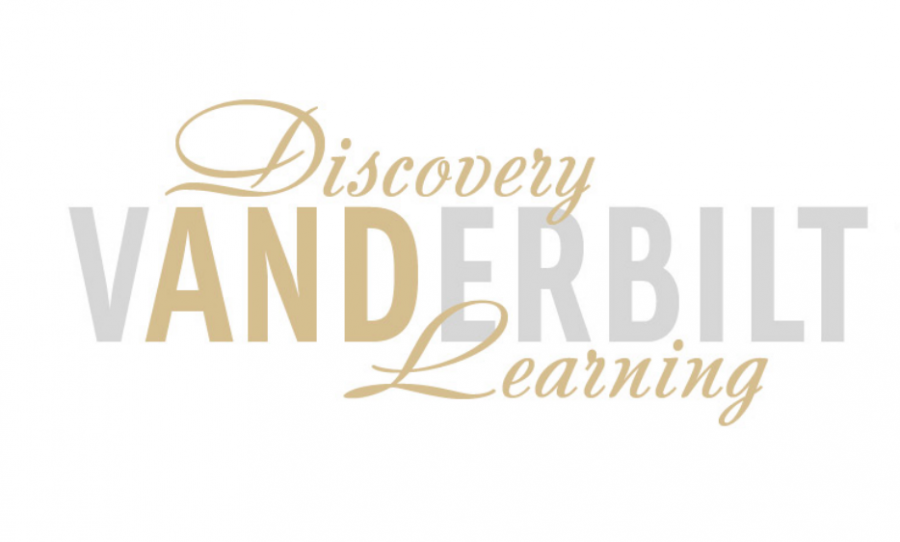While this academic year has just begun, many of the new offerings, from courses to extracurricular experiences for students, faculty and staff have been in the works for years as part of the ongoing Academic Strategic Plan. The plan, which is overseen by the Office of the Provost, is Vanderbilt’s long term improvement initiative which touches on all aspects of campus life. As it enters its fourth year in place, the primary focus is on enhancing the Vanderbilt experience with trans-institutional initiatives and immersion programs for all members of the university community.
One of the four key focuses of the Academic Strategic Plan is trans-institutional programming, which aims to bring together parts of Vanderbilt’s campus that, according to Provost Susan Wente, often don’t have the opportunity to interact. Out of this notion came the idea for the University Courses program, which allows professors from multiple colleges to join together to teach courses on the intersections of their areas of study. This semester, courses cover topics such as design thinking and virtual reality for interdisciplinary applications.

In addition to on campus trans-institutional programming, the Office of the Provost is interested in providing learning opportunities and building partnerships on a global scale. The International Strategy Working Group, which was launched last year, is charged with broadening Vanderbilt’s international presence and will be giving a report to the office this month detailing approaches the university might take. In the past, global research has taken shape in many ways, such as a collaborative faculty and student trip to Brazil for the purpose of researching health care systems.
“It’s really about scholarship and research, but how that impacts students especially in terms of immersion,” Wente said. “It’s [a matter of] what are global and immersion experience that you can be involved in, and there will be some new ones coming out of this this International Strategy Working Group.”
Another element of the Academic Strategic plan is learning through immersive and project based programming. Last year, three of Vanderbilt’s undergraduate colleges voted to add a new academic program called “Immersion Vanderbilt” to their graduation requirements. The program, which will begin in the fall of 2018, will create the opportunity for undergraduate students in Blair, Peabody and the Engineering School to work towards a tangible academic project as part of their degree. This will be a degree requirement for incoming students, but not for students already enrolled at Vanderbilt.
“I think that’s going to be really exciting,” Wente said. “I think hearing more about what current students think about this will be a key part in defining what the Vanderbilt experience is like for all of our students.”
This semester, the university’s newest Quality Enhancement Program, DIVE, began with courses, local service cohorts and design bootcamps. To support DIVE and Immersion Vanderbilt, as well as individual students seeking immersive experiences, the university is opening the Office of Immersion Resources later this year.
It’s really innovative and an ‘only at Vanderbilt’ type of thing
Also launching this semester is the Hoogland Undergraduate Business Program, a new minor in business study which involves collaboration across the four undergraduate schools and the Owen Graduate School of Management. The minor was named for Vanderbilt alumni Susan and Keith Hoogland, following a $5 million gift to the university.
“This will be the first time that our undergraduate students will be taught core courses in a minor by faculty whose primary appointments are in one of our professional schools,” Wente said. “That’s really innovative and an ‘only at Vanderbilt’ type of thing.”
The Office of the Provost follows a “vision, action, impact” model and is always looking for new ways to innovate and improve the school. Wente said the office has a constant feedback loop that continually checks how the programs are doing and their overall impact on Vanderbilt.
“[We want to know] how many people have been involved, how many grant applications were filed based upon this group, how many events did they hold,” Wente said. “Any group that is funded by our office must give us a report and the end of the year that shows what they have done.”
The Academic Strategic Plan touches nearly every aspect of life at Vanderbilt and will continue to shape the path of the university for years to come. Wente said that feedback from students, faculty and staff is key to making sure the university is meeting the goals laid out in the Academic Strategic Plan.
“Everything is constantly being looked at in terms of what’s best practice, what do students need, how can faculty and staff play key roles in that,” Wente said. “We are never done.”

